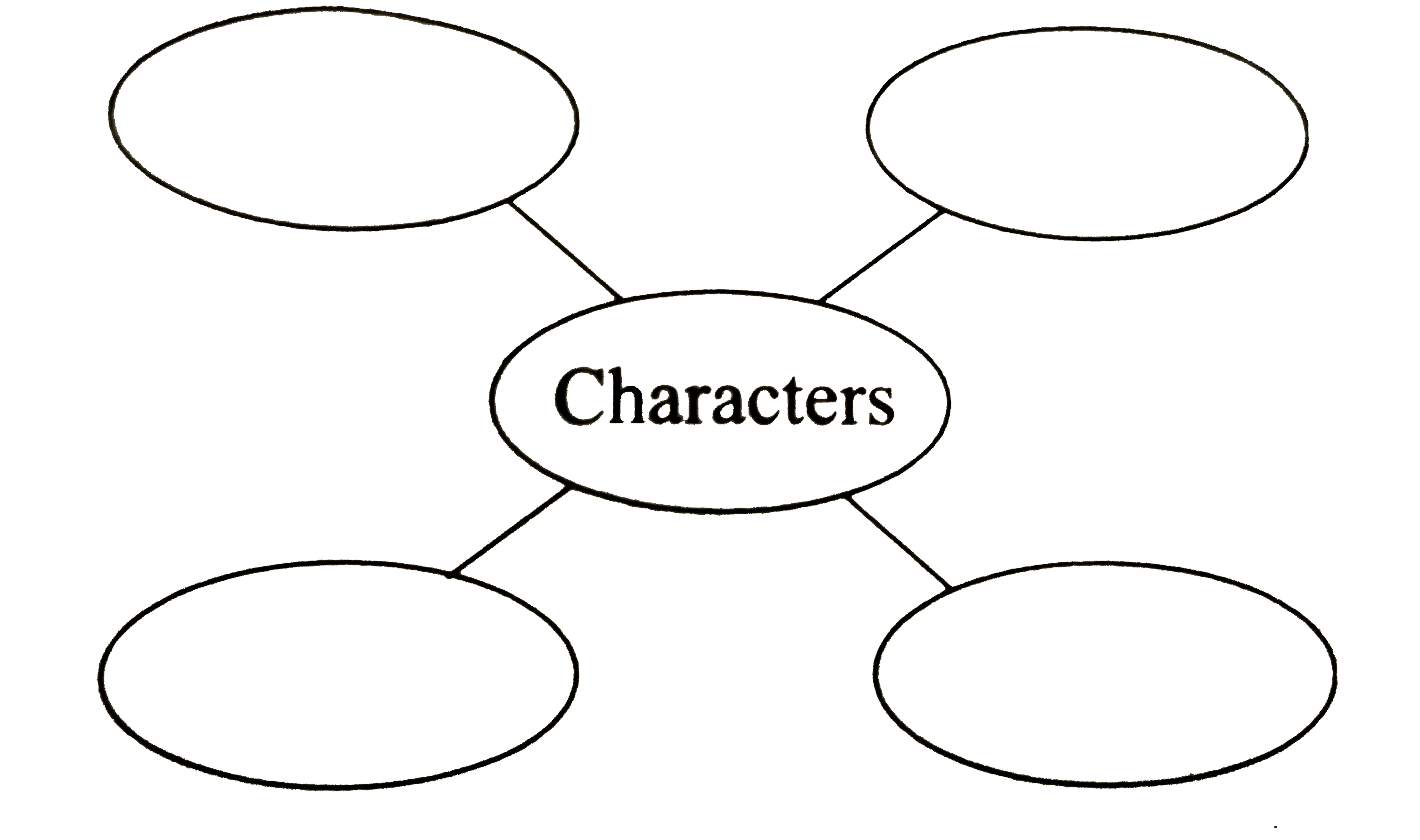Have you ever wondered why soliders are always lad in green ? This is to enable them to camouflaging themselves during wartime . Hiding in the jungles, their green attire blend into the surrounding trees and shrubs making it difficult for the enemies to spot them.
Long before man made use of camouflaging , insects have already adopted the tactic of disguise to escape from the clutches of their predators. By having body colour close to those of the rocks and dried leaves, they can escape from being pursued by the predators.
Butterflies and moths have developed a variety of camouflage strategies since they are quite defenceless and their predators are abundant. Possessing wings which resemble dried leaves help certain butterflies and months to hide among heaps of dried leaves when predators are around.
Fortunately, not all insects choose the art of disguise to escape from their predators, otherwise , the world would be so dull and colourless. There are insects which assimilate the bright body colours of bees and wasps to escape from being pursued by their predators. Long ago birds have already learnt to avoid brilliantly coloured wasps and bees in fear of their painful stings. Hence , over millions of years, many harmless insects have assimilated the bees and wasps by imitating their bright body colours and shapes. In this way, they appear dangerous and hence ward them off.
The beefly not only appears like the bumblebee in terms of body colour, even its hums sound similar too. The only difference is that the beefly does not have a sting and is hence harmless. The hovertly is another insect which imitates the body colours of the wasps. Their bodies are striped yellow and black. The only deviations are that hoverflies do not have stings, and they have only one pair of wings each while wasps have two pairs each. These variations are hardly noticed by the predators and hence help them to escape.
Vocabulary:
Find the words from the passage for:
(i) animal or bird that hunts other for food.
(ii) to get free from danger.
(iii) to prevent something from harming .
(iv) to make a copy.
(i) predator (ii) escape
(iii) wards off (iv) imitate
Topper's Solved these Questions
- FEBRUARY 2019BOOK - GURUKUL PUBLICATION - MAHARASHTRA PREVIOUS YEAR PAPERSCHAPTER - FEBRUARY 2019EXERCISE - SECTION - I (NOTE - MAKING):
1 Videos
- FEBRUARY 2019BOOK - GURUKUL PUBLICATION - MAHARASHTRA PREVIOUS YEAR PAPERSCHAPTER - FEBRUARY 2019EXERCISE - SECTION - II
4 Videos
- FEBRUARY 2018 BOOK - GURUKUL PUBLICATION - MAHARASHTRA PREVIOUS YEAR PAPERSCHAPTER - FEBRUARY 2018 EXERCISE - Section-D
8 Videos
- JULY 2016BOOK - GURUKUL PUBLICATION - MAHARASHTRA PREVIOUS YEAR PAPERSCHAPTER - JULY 2016EXERCISE - SECTION - B
11 Videos
Similar Questions
Read the following extract and complete the note given below:
The small village of Somnathpur contains an extraordinary temple , built around 1268 A.D by the Hoyasalas of Karnatka - one of the most prolific temple builders. Belur and Helebid are among their better-known works. While these suffered during the invasion of the 14th century , the Somnathpur temple stands more or less intact in near-original condition. The small temple captivates with the beauty and vitality of its detailed sculpture, covering almost every inch of the walls, pillars and even ceilings. It has three Shikhars and stands on a star-shaped raised platform with 24 edges. The outer walls have a profusion of detailed carvings : the entire surface run over by carbed plaques of stone . There were vertical panels covered by exquisite figures of God and Goddesses. with many incarnations being depicted . There were nymphs too, some carrying an ear of maize , a symbol of plenty and prosperity. The elaborate ornamentation very characteristic of Hoyasala sculptures was a remark.ab) feature. On closer look-and it is worth it- the series of friezes on the outer walls revealed intricately carved capariosned elephants, charging horsemen , stylized flower and warriors.
Somnathpur Temple
(1) Location :....................
(2) Year : 1268 A.D
(3) Captivates with : .............
(4) Captivates with : ................
Sturctural featues :
(i) Three Shikhars
(ii) Star- Shaped platform with 24 edges
(iii) Outer wall carving,............ charging horsemen,.......... and warriors.
(vi) Nymphs - symbols of .............
View SolutionRead the following extract and the do all the activities that follow :
How do you know
Peace is a woman ?
I know for
met her yesterday
on my winding way
to the world's fare ,
She has such a wonderful face
just like a golden flower faded
before her prime .
I asked her why
She was so sad ?
he told me her baby
was killed in Auschwitz .
her daughter in Hiroshima
and her sons in Vietnam,
Ireland , Israel , Palestine , Lebanon
Bosnia, Rwanda, Kosovo and Chechnya..
Web
Complete the following web by listing characters mentioned in the extract :

View SolutionWrite a letter of application in response to the following advertisement with the help of the given C.V. (Resume) :

C.V. (Resume)
Name : Aruna Anil Shinde
Address : B1-104, Rose Parade, S.B. Road, Nagpur.
Educational Qualifications :

Other Qualifications : Successfully completed Computer Diploma from NIIT, Nagpur-2014
Work Experience : Worked as the Purchase Officer in Login Private Ltd., Nagpur.
Interest/Hobbies : Reading, music, swimming, chass.
Languages Known : English, Marathi, Hindi, Gujarati.
View SolutionRead the following extract and answer the questions
given below :
If you do not lowered in your eyes
While you raise yourself in those of others
If you do not given in to gossips and lies
Rather heed them not , saying , ' Who bothers ' ?
You may be the person I am looking for .
If you crave not for praise when you win
And look not sympathy while you lose
If cheers let not your head toss or spin
And after a set - back you offer no excuse .
You may be the person I am looking for .
What care should you take while raising yourself in
the eyes of others ?
View Solutionसंक्रमण तत्वों से आप क्या समझते हैं? इनके द्वारा अंतराकशी योगिक तथा रंगीन आयन बनाने को स्पष्ट कीजिए ।
View Solutionलेन्थेनाइड क्या हैं? इनको पृथक करना क्यों कठिन है? समझाए ।
View Solutionनिएन्डरथल मानव की तुलना क्रोमैगनान मानव से कीजिए तथा वर्तमान मानव से कीजिए तथा वर्तमान मानव के निकटवर्ती पूरवजी जिनसे उनका विकास हुआ है, के नाम लिखिए!
View Solutionकपियो को मानव में बदलने के लिए कौन-से परिवर्तन करने की आवश्यकता होगी?
View Solution60 W-220 V तथा 100 W-220 V के दो बल्ब श्रेणीक्रम में जोड़कर 220 वोल्ट मेन्स से सम्बन्धित किये गये हैं। उनमें प्रवाहित होने वाली धाराओं की गणना कीजिए।
View Solutionसमान गतिज ऊर्जा वाले दो आवेशित कण समरूप चुम्बकीय क्षेत्र के लंबवत प्रवेश करते है। यदि उनके द्रव्यमानों का अनुपात 4:1 तथा आवेशों का अनुपात 2:1 हो तो उनके वृत्तीय पथों की त्रिज्याएँ किस अनुपात में होंगी?
View Solutionएक प्रेरकत्व कुण्डली में वैधुत धारा 0.3 सेकण्ड में शून्य से बढ़कर 8.0 ऐम्पियर हो जाती है जिसके कारण उसमें 30 वोल्ट का प्रेरित विधुत वाहक बल उत्पन्न हो जाता है | कुण्डली का स्वप्रेरण गुणांक ज्ञात कीजिए |
View Solutionएक कुण्डली से बद्ध चुम्बकीय फलक्स 0.1 सेकण्ड में 10 वेबर से 1 वेबर कर दिया जाता है | कुण्डली में प्रेरित विधुत वाहक बल का मान बताइए |
View Solutionदिल्ली स्टेशन से, यदि हम 2 टिकट स्टेशन A के तथा 3 टिकट स्टेशन B के खरीदते हैं तो इनका कुल मूल्य १ 77 है परन्तु यदि हम 3 टिकट स्टेशन A के तथा 5 टिकट स्टेशन B के खरीदते हैं, तो इनका कुल मूल्य र124 है। दिल्ली से स्टेशन A तथा स्टेशन B तक टिकट के मूल्य ज्ञात कीजिए।
View SolutionA और B की आय में 9:7 का अनुपात और उनके खच्चों का अनुपात 4:3 है। यदि इनमें से प्रत्येक 4000 प्रति माई बचता है तो इनमे प्रत्येक की मासिक आय ज्ञात कीजिए । यदि प्रत्येक बुजुर्ग व्यकितयों के कार्यो में लगी सस्था में अपनी आय का 9% है तो इनमे प्रत्येक की परिणामी बचत ज्ञात कीजिए । यह कार्य दर्शाता है ।
View Solutionसमस्याओ में रेखिक समीकरण युग्म बनाइए और उनके हल प्रतिस्थापन विधि द्वारा ज्ञात कीजिए :
एक नगर में टैक्सी के भाड़े में एक नियम भाड़े के अतिरिक्त चली गई दुरी पर भाड़ सम्मिलित किए जाता है। 10 किमी दुरी के लिए भाड़ा 105 है तथा 15 किमी के लिए भाड़ा क्या है ? एक व्यक्ति को 25 किमी यात्रा करने के लिए कितना भाड़ा देना होगा ?
View Solutionसमस्याओ में रेखिक समीकरणों के युग्म बनाइए और उनके हल (यदि उनका अस्तित्व हो ) विलोपन विधि से ज्ञात कीजिए :
यदि हम अश में 1 जोड़ दे तथा हर में से 1 घटा दे , तो भिन्न 1 में बदल जाती है । यदि हर में 1 जोड़ दे तो यह 12 हो जाती है । वह भिन्न क्या है ।
View Solution
